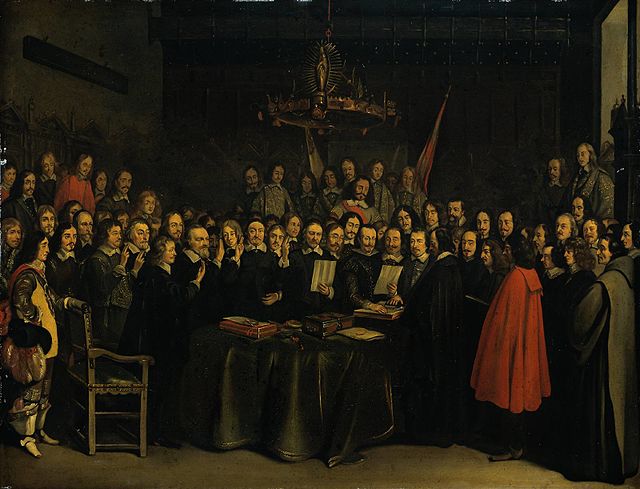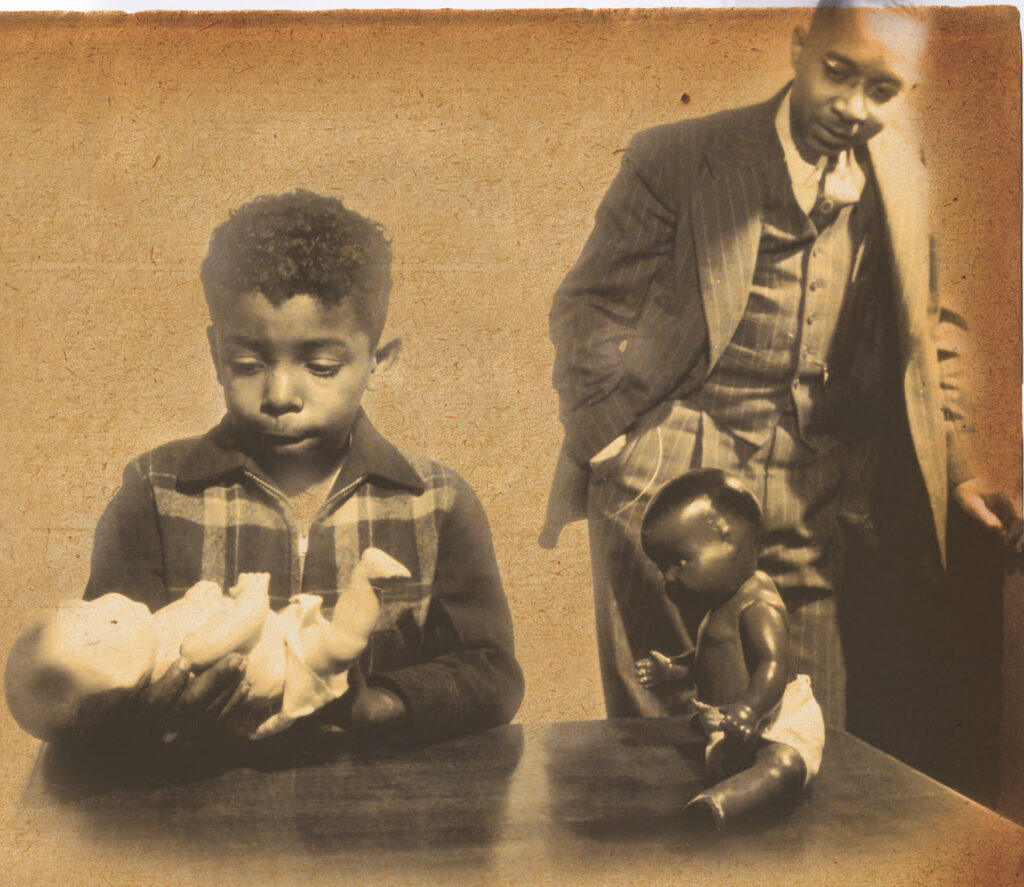Unpacking Inferior Psychology in the Muslim World: Insights from Sahil Adeem
Why do some societies, once vibrant and powerful, struggle to reclaim their place in the world? In his thought-provoking video, Chapter 1: Diagnosis | Side A: Inferior Psychology | The Curious Case of Sahil Adeem (YouTube), Sahil Adeem tackles this question. He suggests that a deep-seated inferiority complex, rooted in historical defeats and colonial legacies, has left lasting scars on the Muslim world’s psyche. This isn’t just about lost battles—it’s about losing the will to rise again.
This blog post, crafted for sahilexplicated.blog, unpacks Adeem’s insights, exploring the origins of this psychological defeat, its manifestations, and the path to breaking free. Whether you’re a student of history, a psychology enthusiast, or someone interested in cultural dynamics, this discussion offers valuable perspectives on identity and renewal. Let’s dive in and discover how we can foster resilience in Muslim societies.
Key Takeaways:
- Understand inferior psychology and its impact on Muslim communities.
- Explore historical events that shaped this mindset.
- Learn about psychological theories supporting Adeem’s arguments.
- Discover practical steps to rebuild pride and purpose.
What Is Inferior Psychology?
Inferior psychology refers to a state where individuals or groups feel less capable or worthy due to historical or cultural domination. For instance, Alfred Adler’s inferiority complex theory suggests that feelings of inadequacy can drive behavior, either toward striving or defeatism (Adler’s Work). In post-colonial contexts, this becomes a collective issue.
Frantz Fanon’s The Wretched of the Earth explains how colonialism plants seeds of self-doubt, leading the colonized to view their culture as inferior (Fanon’s Book). Similarly, Kevin Nadal’s colonial mentality framework shows how colonized peoples may adopt their oppressors’ values, sidelining their own heritage (Nadal’s Research). Sahil Adeem applies these concepts to the Muslim world, arguing that centuries of subjugation have created a psychological barrier to progress.
Historical Roots of Defeat
To understand this mindset, we must examine key historical events. The 1924 abolition of the Ottoman Caliphate was a pivotal moment, stripping the Muslim world of a unifying political and spiritual symbol. This event, coupled with Europe’s intellectual and political advancements, marginalized many Muslims. As a result, a narrative of inferiority took root, reinforced by colonial rule in the 19th and 20th centuries.
The Qur’an addresses this dynamic in Surah Mumtahannah (60:5), urging believers to resist external pressures that undermine their faith and identity. However, the cumulative effect of military defeats and colonial domination made it challenging for Muslim societies to maintain confidence, leaving a lasting psychological impact.
رَبَّنَا لَا تَجْعَلْنَا فِتْنَةًۭ لِّلَّذِينَ كَفَرُوا۟ وَٱغْفِرْ لَنَا رَبَّنَآ ۖ إِنَّكَ أَنتَ ٱلْعَزِيزُ ٱلْحَكِيمُ ٥
“OUR LORD, DO NOT MAKE US A TEST FOR THE UNBELIEVERS, AND FORGIVE US, OUR LORD. SURELY YOU ARE MOST MIGHTY, MOST WISE.”
Age of Enlightenment and Secularization of Europe
The Age of Enlightenment, spanning the late 17th to 18th centuries, was a transformative period in European history that emphasized reason, science, and humanism. Thinkers like Voltaire and John Locke challenged the authority of the church and monarchy, advocating for religious tolerance and the separation of church and state (Enlightenment Overview). As a result, Europe shifted toward secular governance, prioritizing rational principles over religious doctrine.
Thirty Years’ War
This shift was catalyzed by the Thirty Years’ War (1618–1648), a devastating conflict driven by religious and territorial disputes within the Holy Roman Empire. The war, involving major powers like France, Sweden, and Spain, killed approximately eight million people and reshaped Europe’s political landscape (Thirty Years’ War).

Thirty Years’ War
was fought primarily in Central Europe between 1618 and 1648, was one of the most destructive conflicts in European history.
The Peace of Westphalia
The Peace of Westphalia, signed in 1648 in Osnabrück and Münster, ended the war and established state sovereignty, allowing each state to determine its own religion and internal affairs without external interference (Peace of Westphalia). This reduced the Catholic Church’s political influence, marking a significant step toward secularization.
The Peace of Westphalia
refers to a series of treaties signed in 1648 that ended the Thirty Years’ War and the Eighty Years’ War. These treaties, primarily the Treaty of Münster and the Treaty of Osnabrück, were significant for recognizing the principle of state sovereignty and establishing a new European order.

The Secularization of Europe
The secularization of Europe, accelerated by the Enlightenment and Westphalia, led to the rise of nation-states where political authority rested on secular principles. These states’ advancements in science, technology, and governance created a narrative of Western superiority, further amplified by colonial expansion. In contrast, the Ottoman Empire faced internal challenges and territorial losses, fostering a perception of decline in the Muslim world.
Sahil Adeem’s video suggests that this historical contrast contributed to inferior psychology. The Enlightenment’s emphasis on reason and secularism, paired with Europe’s dominance, positioned Western civilization as superior. This narrative likely deepened feelings of inadequacy in Muslim societies, as their own struggles were overshadowed by Europe’s progress.
Manifestations of Inferior Psychology
Now that we’ve explored the historical context, let’s examine how inferior psychology manifests in modern Muslim societies. Adeem identifies several signs:
- Loss of Self-Worth & Purpose: Many feel their cultural contributions are less valuable than Western achievements, diminishing pride.
- Educational Conditioning: Schools often prioritize Western models, training students for global markets rather than cultural innovation.
- Social Pressure & Conformity: There’s a push to emulate Western lifestyles, sidelining traditional values.
- Erosion of Leadership & Vision: Without inspiring leaders, communities lack direction, sometimes falling into apathy or extremism.
- Materialism Over Identity: Wealth pursuit often overshadows spiritual or cultural fulfillment, weakening heritage ties.
- Cycle of Defeatism: This mindset passes down generations, making revival feel unattainable.
These align with studies like the Doll Tests by Kenneth and Mamie Clark, which showed how marginalized groups internalize negative stereotypes (Doll Tests).



Psychological Theories Supporting Sahil Adeem’s Case
Adeem’s arguments are grounded in established frameworks:
- Alfred Adler’s Inferiority Complex: Suggests feelings of inferiority can paralyze or motivate, depending on response.
- Frantz Fanon’s Post-Colonial Theory: Describes how colonialism creates an identity crisis, adopting the colonizer’s worldview.
- Kevin Nadal’s Colonial Mentality: Highlights cultural self-rejection due to colonial legacies.
- The Doll Tests: Illustrate how societal biases shape self-perception, paralleling Muslim identity challenges.




These provide a robust lens to understand the psychological barriers Adeem discusses.
Breaking Free: A Path to Revival
Recognizing inferior psychology is the first step. Adeem proposes actionable strategies:
- Reform Education: Develop curricula celebrating Muslim contributions to science, art, and philosophy.
- Spark a Cultural Renaissance: Promote literature and arts reflecting Muslim values.
- Develop Visionary Leaders: Train leaders blending spiritual depth with practical skills.
- Build Strong Communities: Create spaces for mutual support and positive self-images.
These echo Fanon’s call to decolonize the mind, embracing self-determination.
Why This Matters
Adeem’s video is a call to action, unpacking psychological barriers holding back the Muslim world. This sensitive discussion of identity, faith, and history encourages dialogue about healing and rebuilding for individuals and communities.
Join the Conversation
Watch the full video (YouTube) and share your thoughts on sahilexplicated.blog. Follow Sahil Adeem on Instagram and X.
Conclusion
Sahil Adeem’s exploration of inferior psychology is a wake-up call. Historical events like the Enlightenment and Westphalia shaped a narrative of Western superiority, impacting Muslim self-perception. By recognizing these patterns and taking deliberate steps, we can reclaim identity and purpose. Are you ready to break free?

